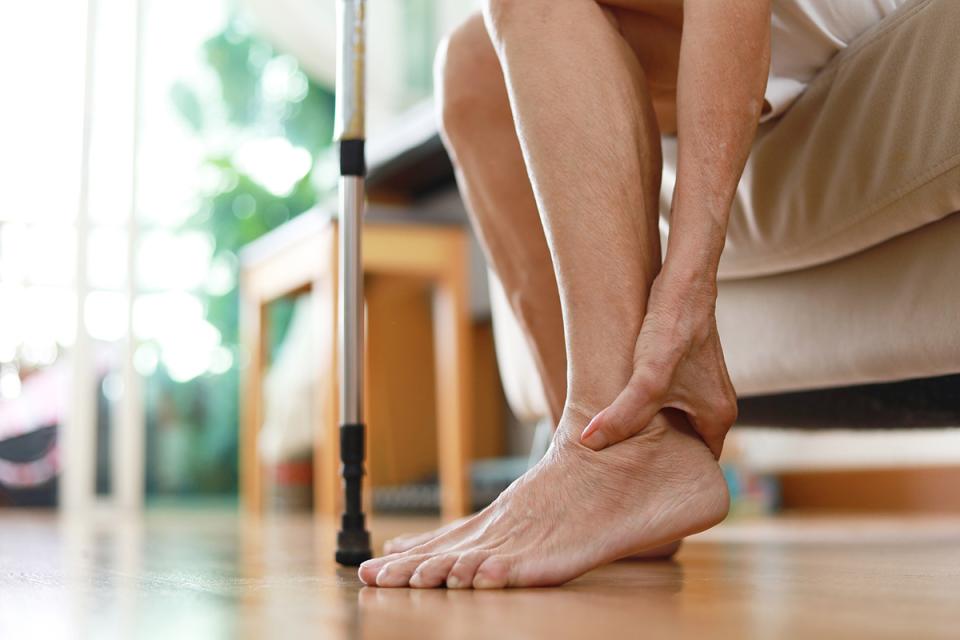Are you a smoker or have type 2 diabetes? If the answer is yes, you may be at high risk for peripheral artery disease, or PAD.
"Peripheral artery disease develops when the arteries used to supply blood to your internal organs, arms and legs become completely or partially blocked due to fatty deposits (atherosclerosis)," says Avigayil Ribner, MD, vascular surgeon at HonorHealth Heart Care. "It commonly impacts your legs and feet."
A balanced diet can lower your risk
“Disease prevention is very important,” says Dr. Ribner. “By making small changes to your diet you can lower your risk for PAD and other chronic conditions. As a vascular surgeon, I find it’s important to share these five prevention tips with my patients that I also use myself.” Here are five ways to achieve a balanced diet:
- Swap out processed oils (also known as vegetable oils) with healthier options such as olive, avocado or coconut oils.
- Cut down on processed foods with high levels of salt, sugar and fat.
- Eat more lean meats, fruits and vegetables.
- Read nutrition labels to help you make the right choices. These labels can tell you a lot about your food including where it came from, how much salt or sugar is in it and the type of oils used.
- Choose recipes with dietary fibers from vegetables, healthy fats and protein.
A surprising connection
Feeling persistent leg pain as a diabetic? It could be more than just discomfort — it might be a sign of peripheral artery disease, a serious heart condition.
Revamp your vascular health
Discover how repairing your vascular system can supercharge your body with these life-changing tips. Transform your health and achieve optimal wellness.
Four key warning signs
If you are having leg pain or swelling, it might be time to see a vascular specialist. Discover how addressing these signs early can make all the difference.

